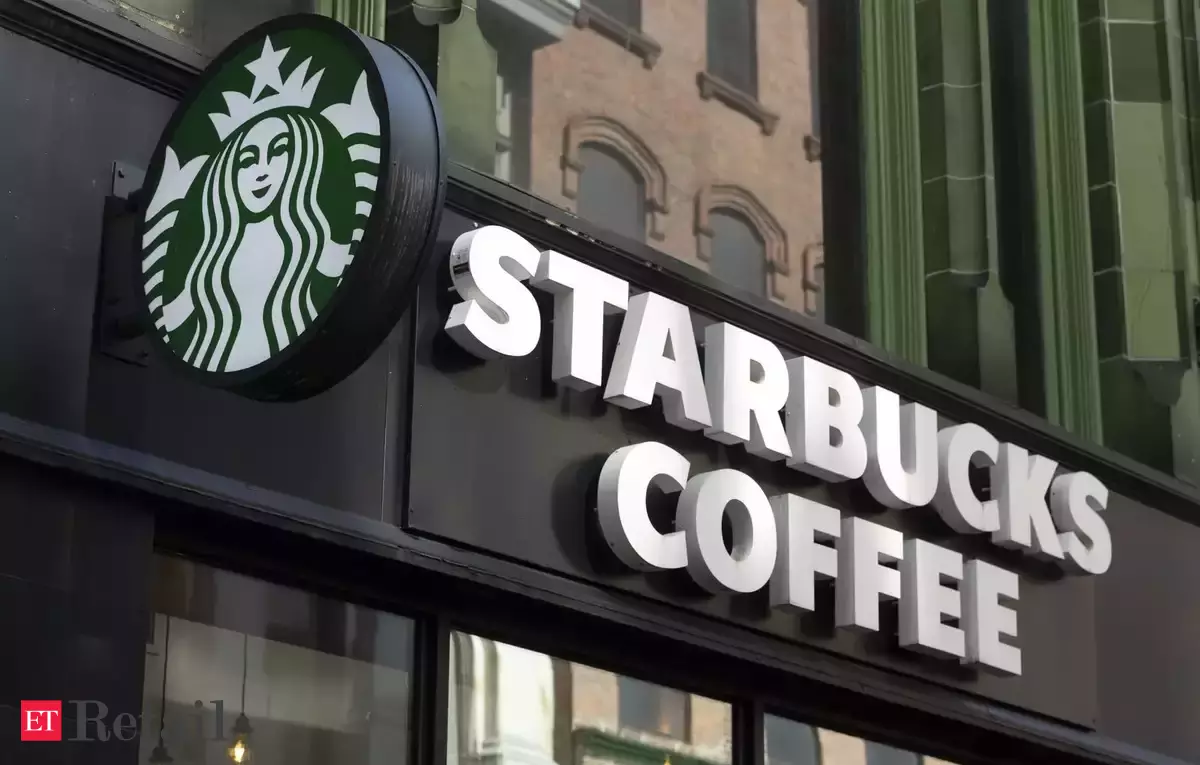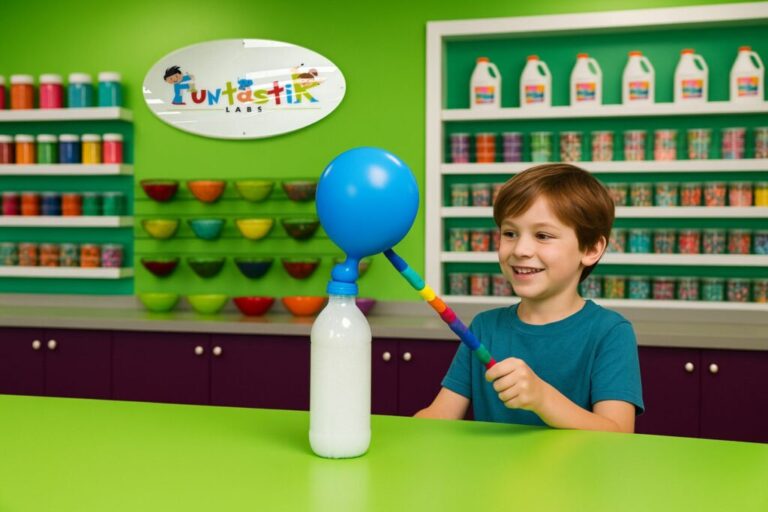Starbucks Franchise FDD, Profits & Costs (2025)

Starbucks was founded in 1971 in Seattle’s Pike Place Market. Initially, the company focused on selling fresh-roasted coffee beans, tea, and spices. Howard Schultz joined Starbucks in 1982 and was inspired by Italian coffee culture, transforming the company into the coffeehouse model it is known for today.
The company is headquartered in Seattle, Washington. Starbucks operates in more than 80 markets and connects with millions of customers daily, offering various coffee beverages, teas, and pastries.
The brand differentiates itself through its focus on quality, customer experience, and community impact, emphasizing a mission to inspire and nurture the human spirit—one person, one cup, and one neighborhood at a time.
Starbucks has grown to tens of thousands of stores globally, and while it does have licensed locations, the company’s franchising model is limited, with a focus on company-operated stores in the U.S. and worldwide.
Initial Investment
How much does it cost to start a Starbucks franchise? Starbucks does not offer franchise opportunities, as all of its locations are company-owned or licensed.
Therefore, it is not possible to start a Starbucks franchise, and there is no associated cost for franchising with the company.
For similar coffee and tea franchises in the industry, however, the initial investment is on average $477,000, ranging from $119,000 to $2,018,000.
Here are a few comparable franchises with their initial investment requirements:

Average Revenue (AUV)
How much revenue can you make with a Starbucks franchise? Since the chain does not franchise its stores and all locations are company-owned, Starbucks does not publish a Franchise Disclosure Document. Therefore, it does not disclose the average revenue of its stores.
However, looking at comparable franchises, a similar franchise in the coffee industry makes on average $902,000 in revenue (AUV) per year.
Below are 10 Starbucks competitors and their average yearly revenue as a comparison:

Frequently Asked Questions
How many Starbucks locations are there?
Starbucks currently operates nearly 35,000 stores worldwide, with plans to grow this number to 55,000 by 2030. This includes a mix of company-operated and licensed stores across more than 100 markets. The company owns and operates over 9,000 stores in the U.S., while the rest are licensed.
Globally, out of the nearly 35,000 stores, more than 17,000 are licensed. Starbucks prefers to operate company-owned stores in the U.S. while relying on licensed partnerships for a significant portion of its international presence.
What is the total investment required to open a Starbucks franchise?
Starbucks does not offer franchise opportunities and therefore, it is not possible to establish the initial investment to start a Starbucks franchise.
However, the total investment required to open a franchised store similar to a Starbucks franchise ranges from $119,000 to $2,018,000.
What are the ongoing fees for a Starbucks franchise?
Since Starbucks does not offer franchises and all stores are company-owned, the ongoing fees such as royalty fees or advertising fees associated with franchising the brand are not readily available.
Yet, similar coffee and tea franchises in the industry charge an average of 5%-6% in royalty fees and 3%-5% in advertising fees (e.g. Dunn Brothers Coffee).
What are the financial requirements to become a Starbucks franchisee?
Starbucks does not traditionally operate on a franchise model, particularly within the U.S. Most Starbucks locations are either company-operated or licensed stores.
Licensing, rather than franchising, allows Starbucks to maintain greater control over its brand and operations. Therefore, the financial requirements to become a “franchisee” are not generally disclosed as they would be for traditional franchise opportunities.
For coffee and tea franchises similar to Starbucks, financial requirements can vary significantly. These may include:
- Net Worth Requirement: $500,000 to $1.5 million.
- Liquid Capital Requirement: $250,000 to $500,000.
These figures reflect the requirements for well-established coffee franchises and may vary depending on factors such as brand recognition, store location, size, and market conditions.
For more precise details regarding licensing opportunities and financial requirements, it’s recommended to directly contact Starbucks or consult with their official business partnerships division.
How much can a Starbucks franchise owner expect to earn?
While Starbucks does not operate as a traditional franchise and prefers licensing partnerships, licensed store owners can look at general earnings metrics for similar businesses in the coffee industry.
The average gross sales for a coffee shop franchise similar to a Starbucks franchise is approximately $902,000 per shop. Assuming a 15% operating profit margin, $902,000 yearly revenue would result in about $135,000 operating profit per year.
Who owns Starbucks?
Starbucks is a publicly-traded company listed on the Nasdaq stock exchange under the ticker symbol SBUX. The majority of its shares are owned by institutional investors, mutual funds, and individual shareholders.
The largest shareholders often include asset management firms such as Vanguard Group and BlackRock, as well as individual investors who own smaller portions of the stock. Howard Schultz, the former CEO and long-time chairman, was a significant individual stakeholder but does not own a controlling share.
Disclaimer
Disclaimer: This content has been made for informational and educational purposes only. SharpSheets is an independent educational resource and is not affiliated with, endorsed by, or representing any franchisor mentioned on this website. Where noted, figures are taken from the franchisor’s Franchise Disclosure Document (FDD). In some cases, we may provide independent calculations or estimates based on publicly available information. We do not make any representation or warranties with respect to the accuracy, applicability, fitness, or completeness of the information presented in the article. You should not construe any such information or other material as legal, tax, investment, financial, or other professional advice. Nothing contained in this article constitutes a solicitation, recommendation, endorsement, advertisement, or offer to buy or sell any franchises, securities, or other financial instruments in this or in any other jurisdiction in which such solicitation or offer would be unlawful under the franchise and/or securities laws of such jurisdiction.
All content in this article is information of a general nature and does not address the detailed circumstances of any particular individual or entity. Nothing in the article constitutes professional and/or financial and/or legal advice, nor does any information in the article constitute a comprehensive or complete statement of the matters discussed or the law relating thereto. You alone assume the sole responsibility of evaluating the merits and risks associated with the use of any information or other content in this article before making any decisions based on such information or other content.



